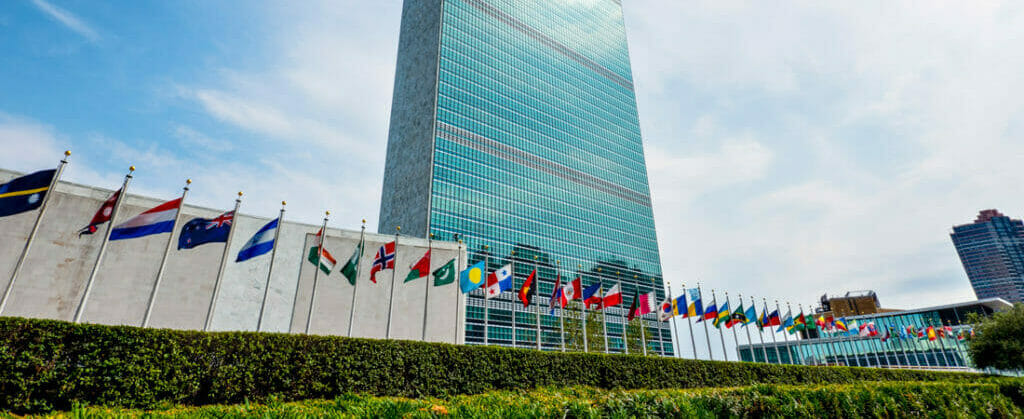Amid the pressing challenges and transformative shifts faced by the international community, the pursuit of a sustainable, just, and peaceful world is essential for future generations. As the largest generation of youth in history, young people have a critical role in advancing global peace, environmental sustainability, and social justice. The United Nations has recognized the transformative potential of youth voices, encouraging young people to contribute their unique perspectives, engage across cultural divides, and foster cooperation. It is through this inclusive approach that real change can emerge.
There are many ways that youth can drive positive change, participate in governance, and advocate for policies that prioritize sustainability, justice, and peace for future generations.These areas include but are not limited to:
- Influencing climate policies and supporting renewable energy, conservation, and sustainable practices in agriculture and manufacturing industries;
- Promoting diplomacy, intercultural understanding, and conflict resolution;
- Promoting gender equality and protecting the human rights of vulnerable groups;
- Advocating for greater youth representation in international, national and local decision-making bodies;
- Addressing the mental health challenges youth face, exacerbated by climate anxiety, social issues, and the pressures of modern life;
- Participating in international youth networks and initiatives that support young leaders and amplify youth voices on the global stage; and
- Using social media and digital platforms for advocacy, activism, and creating awareness around global issues.
As affirmed by UN Secretary-General António Guterres, youth engagement within the UN offers both opportunities and challenges. Adopted by the General Assembly in 2015, the 2030 Agenda for Sustainable Development underscores the importance of cooperation and multilateralism to address the 17 SDGs, emphasizing the need to confront social and economic inequalities. The latest SDG Report reveals that youth are disproportionately affected by these disparities, with barriers ranging from poverty and food insecurity to employment instability and income inequality. While youth globally face challenges accessing decent jobs, they also strive for representation in governance and decision-making, as evidenced by their under-representation in most parliaments worldwide. At the same time, climate change has catalyzed youth-led initiatives, positioning young leaders at the forefront of the transition to a greener future.
The advancement of youth has been hindered by economic challenges, including inflation and the impacts of the COVID-19 pandemic. Strengthening efforts to foster collaboration among local governments, the private sector, and civil society to create meaningful employment opportunities, improving the quality and accessibility of education, addressing mental health, and allocating national funds to support youth development programs is urgently needed to ensure that by 2030, young people are not only advocates but active architects of a sustainable, equitable, and peaceful world for all.


